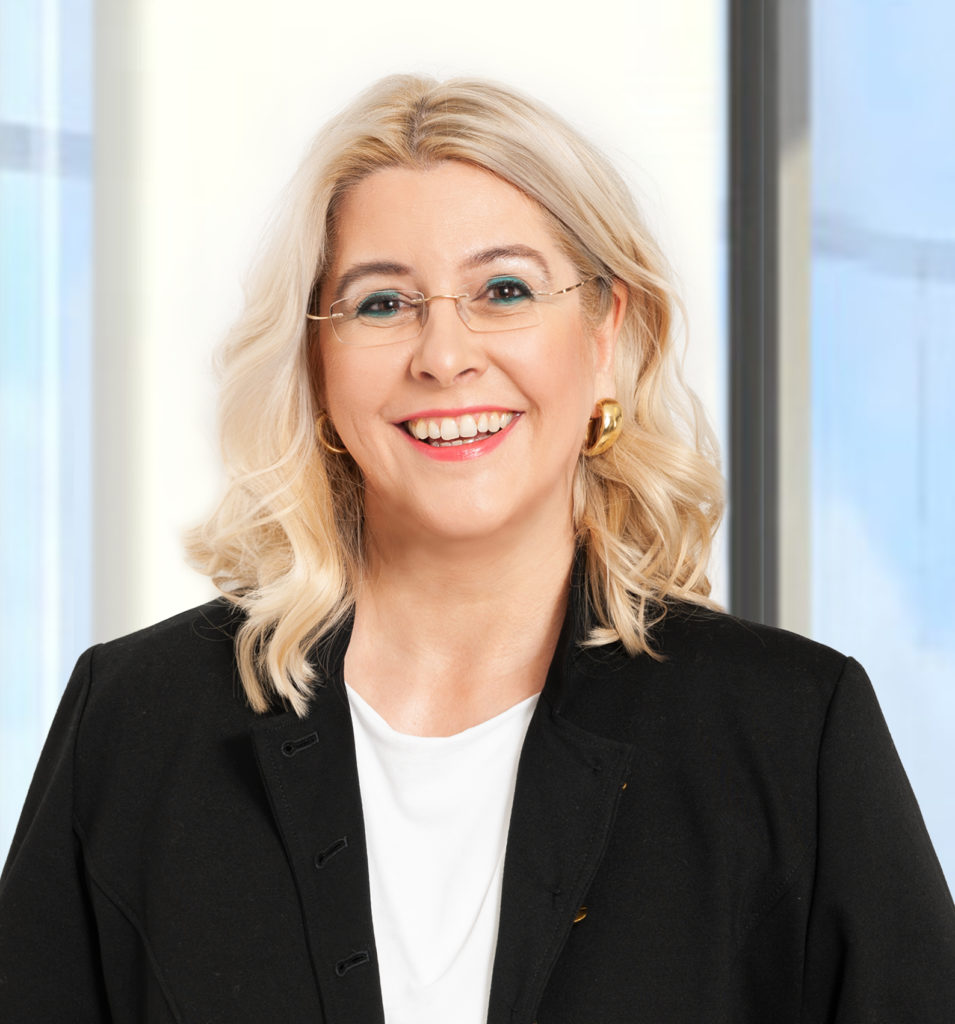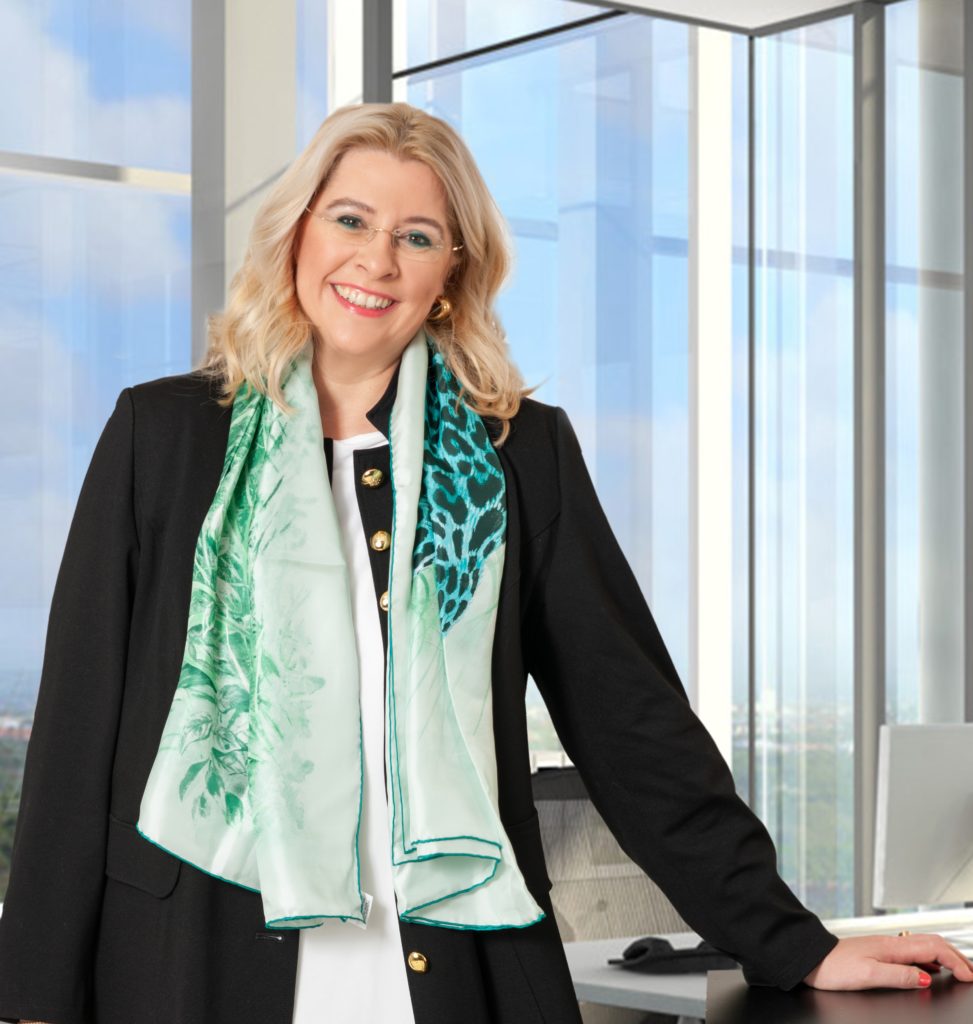… and both unite the people of the world!
If you listen to Maria Callas singing the Norma, or the Carmen by Julia Migenes, or the arias of La Bohème sung by Anna Netrebko and Rolando Villazon, or other classical pieces by excellent musicians and orchestras, you will understand what I mean. Beethoven’s Moonlight Sonata, Appassionata, or Pathétique played by Jewgeni Kissin, or Chopin’s Fantaisie-Impromptu, or Liszt’s Hungarian Rhapsodies, or Rachmaninoff’s or Tchaikovsky’s piano concertos, or Vivaldi’s The Four Seasons:
All these works are able to reach the heart of people with their sounds floating through the air, they touch and mesmerize.
Classical music unites, this is demonstrated by orchestras and musicians from around the world, just as Daniel Barenboim is showing all the time. Science is doing the same, science is inspiring, and it is bringing people together. Scientific language, when written clearly and harmoniously, is thrilling. Science is a culture of the future, laboratory results are beautiful, exciting, and phantastic sights for the eyes, if they are interpreted well and illustrated accordingly – even if the result does not fit into the narrow minded laboratory head’s expectation. This lab head might be out of place.
Science is inspiring, attractive, refreshing, and appealing – a fountain of youth – and perfect for all age groups, science is almost as good as music. Science is alive, it is enchanting and mesmerizing.
I was fortunate to have a great piano teacher, Thomas, since the sound of the piano forte had enchanted me as a child. To this very day there is no more wonderful sound to me.
Vladimir Horowitz was a great pianist, today’s masters include Daniil Trifonov, Denis Matsuev, Anderson and Roe, or Bob Seeley with his Bumble Boogie. Of course, there are other instruments that I love, always under the premise they are being played well, with a clean and clear sound, such as the violin played by David Garrett, or the cello played by Sol Gabetta. The sound of orchestras is gorgeous, such as the one by Herbert von Karajan, or Romeo and Juliet conducted by Hannu Lintu and his Finnish orchestra, or Riccardo Chailly with the Scala’s orchestra. To name just a few exceptional artists whose music I adore.
During my university studies, I took a sabbatical year at the University of Veterinary Sciences in Vienna, Austria. There, I had the opportunity to practice in the basement, where I had located a piano. In the evenings, once the building had emptied, I asked the porter to open the room for me to practice. The rather young porter asked me if I knew the Moonlight Sonata. I played the first movement, which is the most popular one. The young man was enchanted and went back to work with his spirits lifted. Before he left, I asked him where he knew the piece from. He admitted he had heard it in a popular video game. Many composers and game programmers are working with classical music. I bet you will know quite a few classic pieces from movies, video games, or rock concerts, that were made by ingenious composers and whose melodies are incorporated widely, since they are simply brilliant.
Every time I am practicing a new piano piece, which regretfully I am doing too rarely, I see stars in Joerg’s eyes. He is almost hovering on a cloud. The same effect of enchantment and enthusiasm Joerg is experiencing when he is performing scientific experiments in the lab, from planning to doing the work and to interpretation of the results – it is a drug.
All our (male and the too few female) colleagues in Germany do not understand that we ourselves are doing experimental work in the lab. We were the only ones in executive position to go to the lab daily to see the results themselves with enthusiasm. Many holidays we spent in the lab, with passion, and with music of course.

In times of a pandemic, with concert and opera houses closed, how about bringing the music via previous records out to the people. Music is enchanting everyone, the young and the old, all nations. The Waldbühne in Berlin would be a place, the Nuremberg Dutzendteich, Odeonsplatz, Stachus and Königsplatz in Munich, the place next to the Dresden Opera, the Augustusplatz next to the Gewandhaus, or the park next to the Zoo Leipzig, the Schlossplatz in Stuttgart, or the concert open air area in Aachen, there are places in every city that allow for arias and concerts by famous artists to be shown on screen. When passing, one may stop and listen for a while, and get enchanted. This magic is keeping the whole day. What is a day without music? Should you want to stay longer, please keep a polite distance.
Dear concert halls, please open your archives for the public, music is magic in the ears. Music is enchanting and it is uniting.

I am lucky to have great musicians in family and friends, who are less known. Each time I may listen to your music, it is a moment of great pleasure. Thank you for those magic moments.
A very personal blog post today. Stay alert and enjoy the summer, best at home since the virus is still circulating.
Yours, Sabine


SAJO – for a healthy and better future!

A heartfelt thank you to all musicians who enchant every day of ours.
A huge thanks to all scientists and colleagues, who commit themselves with their work for all of us and for our future!


